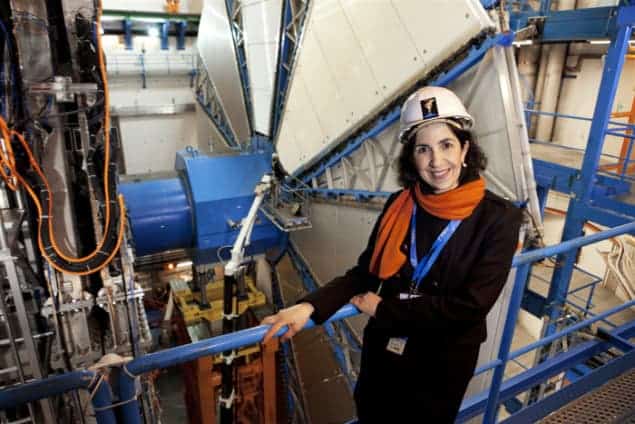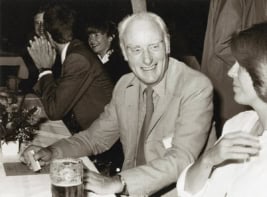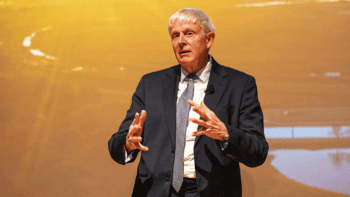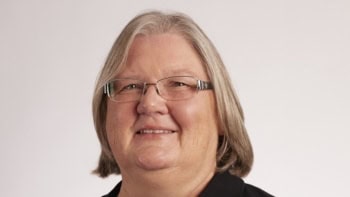
Four physicists have been appointed to a newly created panel that will advise the United Nations (UN) on scientific matters. The UN’s scientific advisory board – appointed by the UN secretary-general Ban Ki-moon – will feature 26 eminent scientists, including CERN particle physicist Fabiola Gianotti, who is the former spokesperson for the ATLAS experiment.
The idea for a science board originated from a recommendation in a January 2012 UN report – Resilient People, Resilient Planet: A Future Worth Choosing – that called for a “major global scientific initiative to strengthen the interface between policy and science”. The new board, which will offer expertise in a range of areas from medicine and plant breeding to engineering, is expected to provide advice on science, technology and innovation to the UN secretary-general and to the leaders of UN organizations. The UN Educational, Scientific and Cultural Organization (UNESCO) will host the secretariat for the board.
In a statement, UNESCO says that the new body will aim to “ensure that up-to-date and rigorous science is appropriately reflected in high-level policy discussions in the UN system” and will provide recommendations and advice on up-to-date scientific issues including on informing on issues related to the “public visibility and understanding of science”.
Joining the club
Three other physicists will join Gianotti on the panel. They include Susan Avery, president and director of the Woods Hole Oceanographic Institution in the US, Vladimir Fortov, who is president of the Russian Academy of Sciences, and nuclear physicist Dong-Pil Min from Seoul National University.
The 26-member panel also features two Nobel laureates including Ahmed Zewail from the California Institute of Technology, who won the 1999 Nobel Prize for Chemistry for his work in femtosecond spectroscopy. Zewail is joined by Ada Yonath, director of the Helen and Milton A Kimmelman Centre for Biomolecular Structure and Assembly at the Weizmann Institute of Sciences, who shared the 2009 Nobel Prize for Chemistry for her work on the structure and function of the ribosome – a key biological particle for the synthesis of proteins.
“It brings together scientists of international stature and will serve as a global reference point to improve links between science and public policies,” adds UNESCO director-general Irina Bokova.
Members of the UN science advisory board will be expected to act in their “personal capacity and will provide advice on a strictly independent basis”. The board members will serve for two years, with the possibility of renewal for one further two-year term. Gianotti told physicsworld.com that the role will be unpaid. “I don’t think these tasks should be remunerated,” she says.
The first meeting of the newly established board will take place at the start of 2014.



